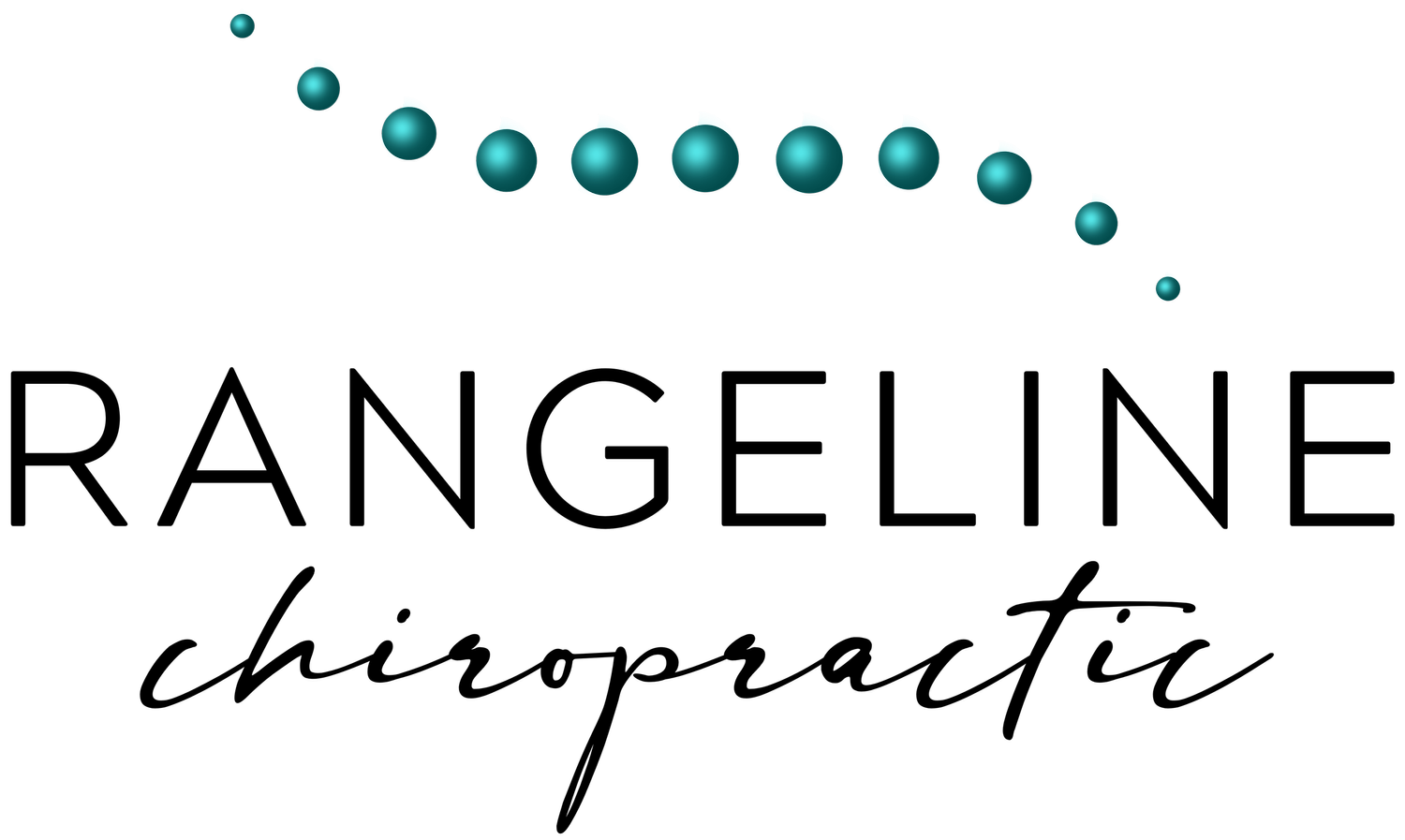Can Chiropractic Care Help Relieve My Sciatica?
Sciatica is a condition characterized by pain that travels along the sciatic nerve—the largest nerve in the body—running from the lower back down the back of each leg. Most often, sciatica occurs when a herniated disc or bone overgrowth compresses part of the nerve. This pressure can lead to inflammation, pain, and numbness in the affected leg.
Recognizing Sciatica Pain
The pain of sciatica can present as:
Sharp or shooting pain
Burning sensations
Tingling or pins-and-needles feelings
Numbness or weakness in the leg
Pain severity ranges from mild to debilitating, and sciatica can make walking, standing, or sitting for extended periods difficult.
Common Causes of Sciatica
Herniated disc: A bulging or ruptured disc that presses on the sciatic nerve.
Spinal stenosis: A narrowing of the spinal canal that puts pressure on nerves.
Piriformis syndrome: Compression of the sciatic nerve by the piriformis muscle in the buttocks.
How Chiropractic Care Can Help
Chiropractic care is designed to address the root cause of nerve irritation, not just mask symptoms. Here’s how it helps:
1. Spinal Realignment:
Misalignments (subluxations) in the spine can put pressure on nerves, including the sciatic nerve. Gentle chiropractic adjustments restore proper alignment, relieving nerve pressure and pain.
2. Muscle Tension Release:
Tight or inflamed muscles in the back and legs can worsen sciatic pain. Techniques like massage, stretching, or heat therapy can relax these muscles and improve flexibility.
3. Improved Range of Motion:
Sciatica often limits movement. Chiropractors use targeted stretches and exercises to improve spinal and joint mobility.
4. Inflammation Reduction:
Methods such as ice therapy, ultrasound, or electrical stimulation are often used to decrease inflammation around the sciatic nerve.
Benefits of Chiropractic Care for Sciatica
Reduced pain: Alleviates pain in the back, legs, and hips.
Improved mobility: Restores normal movement and posture.
Enhanced function: Supports everyday activities like walking and sitting.
Lower stress levels: Reduces stress, which can worsen pain.
At-Home Relief Tips
In addition to chiropractic care, you can manage sciatica with:
Rest (short-term): Avoid prolonged bed rest, which can slow recovery.
Ice or heat therapy: Reduce inflammation and relax muscles.
OTC pain relievers: NSAIDs like ibuprofen can help manage pain.
Stretching & strengthening: Gentle exercises improve flexibility and prevent recurrence.
Massage therapy or yoga: Promotes muscle relaxation and stress relief.
The Bottom Line
Chiropractic care is not a cure for sciatica, but it offers a safe, non-invasive way to relieve pain, reduce nerve pressure, and improve function. If you suspect you have sciatica, consult your doctor for a proper diagnosis, then schedule a chiropractic appointment to start your healing journey.
Ready for Relief? Call our office today to schedule an appointment and discover how chiropractic care can help you get back to living pain-free.
